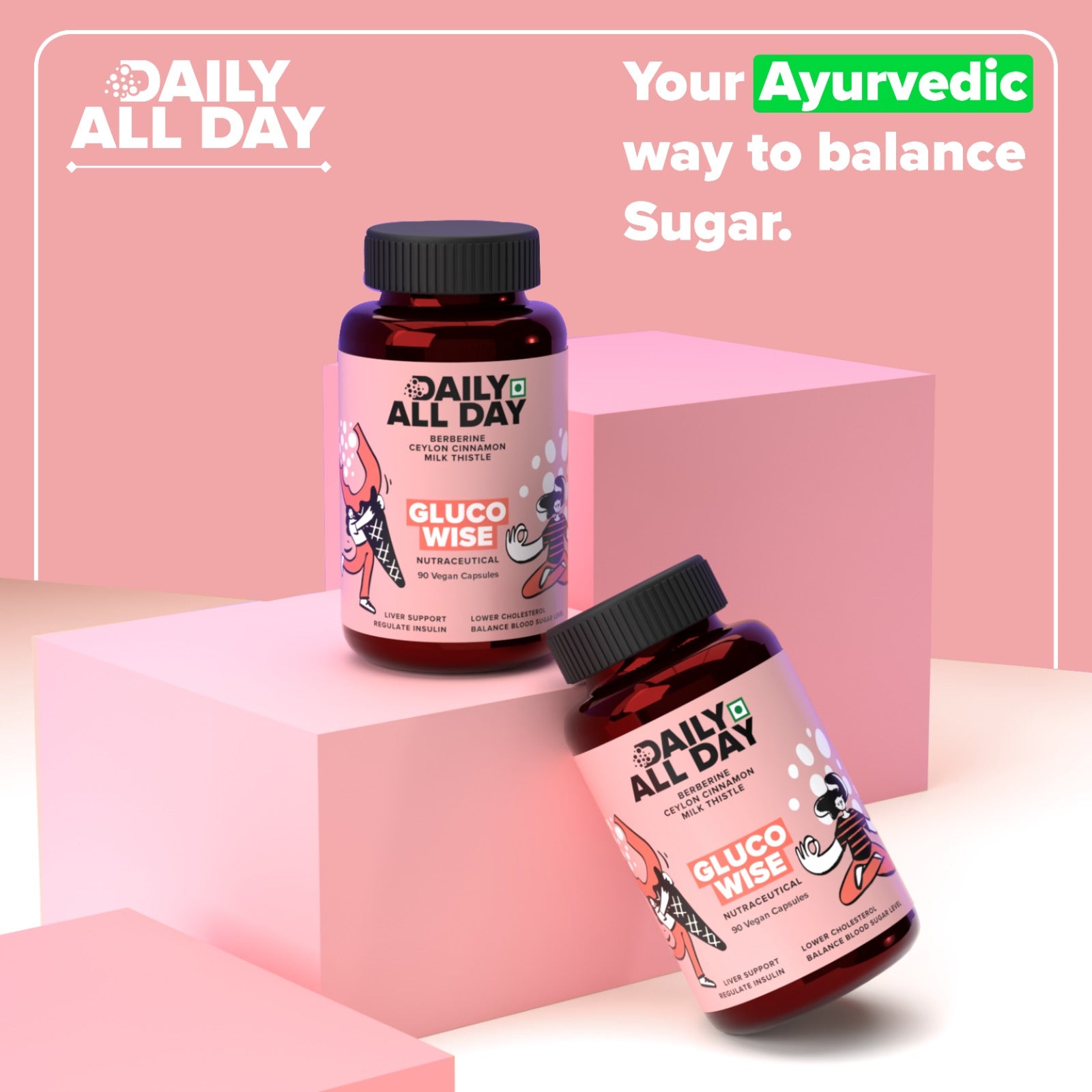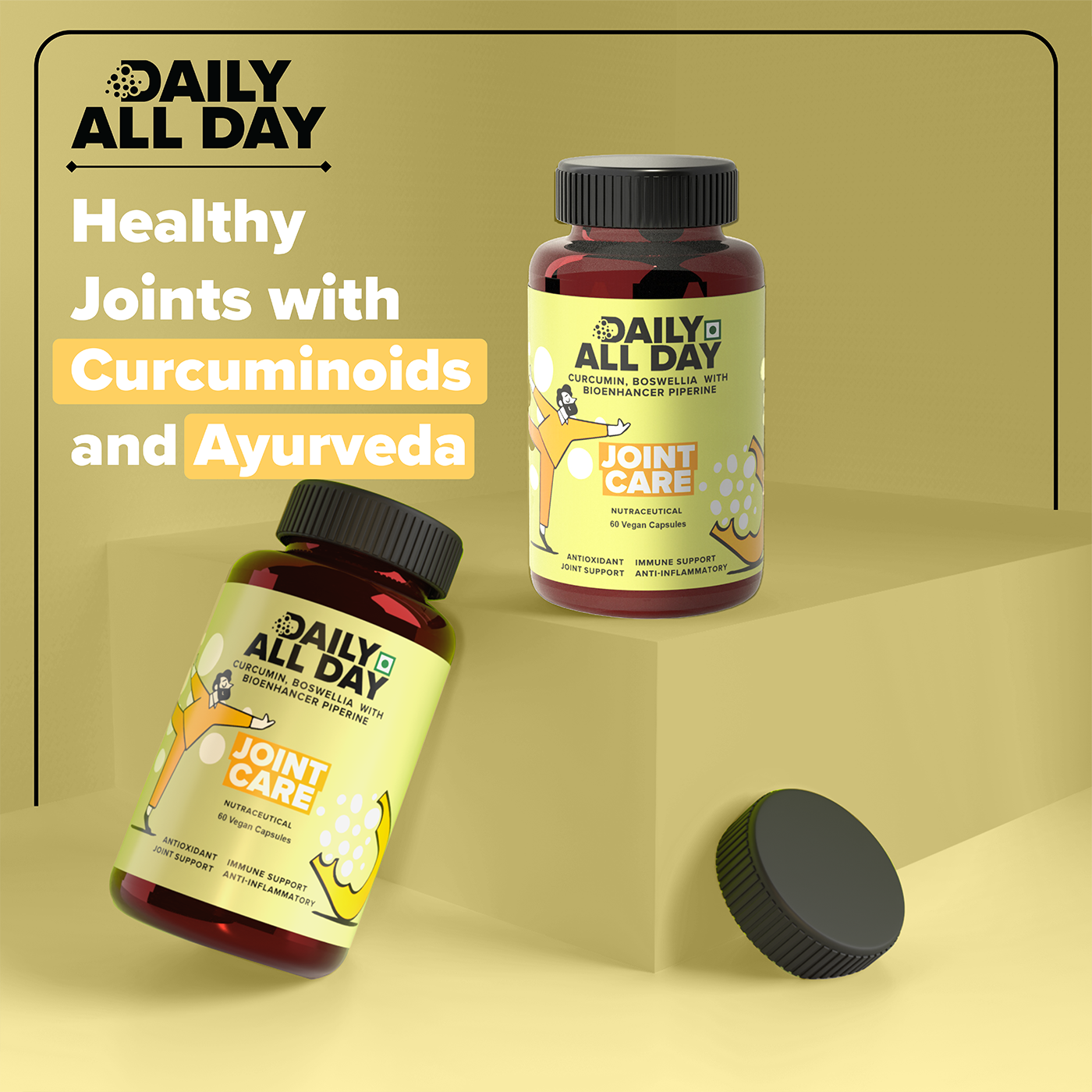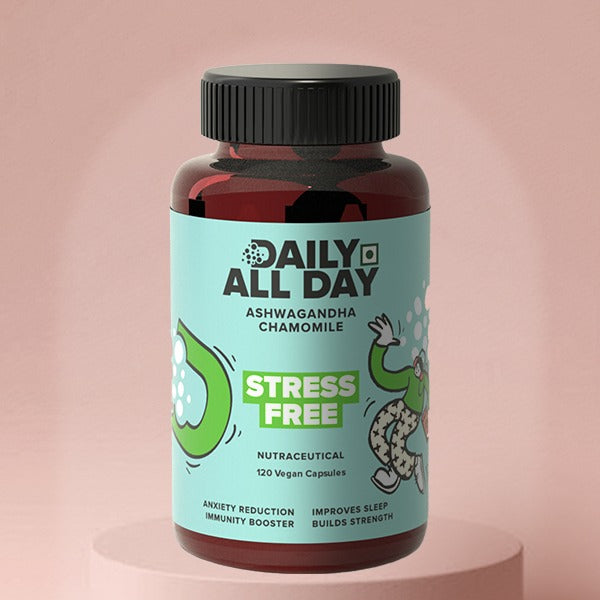Inflammation is a natural response by your immune system to protect the body from harm. However, chronic inflammation can lead to a range of health problems, including heart disease, diabetes, and arthritis. Thankfully, your diet can play a vital role in reducing inflammation and promoting overall health. This blog will guide you through the best anti-inflammatory foods, their benefits, and how to incorporate them into your meals.
Understanding Inflammation
Inflammation can be divided into two categories-
- Acute Inflammation- A temporary response to injury or infection, like swelling or redness.
- Chronic Inflammation- A prolonged inflammatory response that can harm healthy tissues and is often linked to conditions like diabetes, heart disease, and rheumatoid arthritis.

Top Anti-Inflammatory Foods to Add to Your Diet
1. High-Protein Foods- Protein helps repair tissues and supports the immune system. Some high-protein foods that also combat inflammation include-
- Plant-Based Proteins- Lentils, chickpeas, and black beans.
- Nuts and Seeds- Almonds, walnuts, chia seeds, and flaxseeds, rich in omega 3 essential fatty acids.
2. Vitamin D Foods- Vitamin D is essential for reducing inflammation and supporting immune health. Foods rich in Vitamin D include-
- Mushrooms exposed to sunlight.
- Fortified plant-based milks and cereals.
3. Fruits and Vegetables- Loaded with antioxidants, vitamins, and minerals, fruits and vegetables are the cornerstone of an anti-inflammatory diet. Some standouts are-
- Berries- Strawberries, blueberries, and blackberries are rich in anthocyanins, which combat inflammation.
- Leafy Greens- Spinach is high in antioxidants like Vitamin C.
4. Healthy Fats- Fats often get a bad reputation, but healthy fats are crucial for combating inflammation. Include-
- Olive Oil- Particularly extra-virgin olive oil, which is rich in oleocanthal, a natural anti-inflammatory compound.
5. Spices and Herbs- Spices not only add flavor but also provide powerful anti-inflammatory benefits. Key spices include-
- Turmeric- Contains curcumin, a compound with potent anti-inflammatory effects.
- Ginger- Reduces inflammation in the digestive tract.
- Garlic- Known for its immune-boosting and anti-inflammatory properties.
6. Whole Grains- Refined grains can trigger inflammation, so replace them with whole grains like-
- Oats.
- Brown rice.
- Chaulai.
7. Herbal Teas and Beverages
- Green Tea- Contains epigallocatechin gallate (EGCG), a powerful anti-inflammatory compound.
- Turmeric Tea- Combines the benefits of turmeric and ginger for a soothing drink.
Foods to Avoid
While adding anti-inflammatory foods is important, it’s equally crucial to avoid foods that trigger inflammation, such as-
- Refined carbohydrates (e.g., white bread, pastries).
- Sugary beverages.
- Processed meats and deep-fried foods.
Benefits of an Anti-Inflammatory Diet
Incorporating anti-inflammatory foods into your daily meals can-
- Support heart health.
- Improve gut health and reduce bloating.
- Enhance joint and muscle function.
- Lower the risk of chronic diseases.
Incorporating Ayurveda for Inflammation Management
Ayurveda provides timeless wisdom for managing inflammation naturally. Here are some Ayurvedic herbs and foods to consider-
- Ashwagandha- Known for its stress-relieving and anti-inflammatory properties.
- Triphala composition- Promotes gut health and supports digestion.
- Ghee- A source of healthy fats that balance inflammation when consumed moderately.
Quick Meal Ideas with Anti-Inflammatory Foods
- Breakfast- A smoothie bowl with spinach, berries, chia seeds, and almond butter.
- Lunch- A Chaulai and chickpea salad with olive oil and a turmeric-ginger dressing.
- Dinner- Roasted broccoli and sweet potatoes.
- Snacks- A handful of walnuts or a cup of green tea.
Conclusion
An anti-inflammatory diet is not just about reducing inflammation; it’s about embracing a lifestyle that nourishes your body and mind. By including high-protein foods, vitamin D-rich options, and vibrant fruits and vegetables, you can enjoy a stronger immune system, better digestion, and long-term health. Triphala composition, rich in Amalaki, Bibhitaki, and Haritaki, makes it a powerhouse for wellness, offering incredible Triphala powder benefits for skin and hair, such as deep cleansing, nourishment, and a natural glow.
Frequently Asked Questions (FAQs)
1. What are anti-inflammatory foods?
Anti-inflammatory foods are natural ingredients that help reduce inflammation in the body. They include fruits, vegetables, whole grains, nuts, and spices like turmeric and ginger.
2. How does an anti-inflammatory diet benefit health?
An anti-inflammatory diet can help lower the risk of chronic diseases, improve heart health, reduce joint pain, enhance gut health, and boost overall well-being.
3. What foods should I avoid to reduce inflammation?
Avoid processed and refined foods, sugary drinks, trans fats, fried foods, and excessive alcohol, as they can trigger inflammation.
4. How does Ayurveda approach inflammation management?
Ayurveda uses natural remedies such as Ashwagandha, Triphala, and turmeric to reduce inflammation, improve digestion, and balance the body's doshas.
READ MORE- PERFORM THIS FAST FOR WEIGHT LOSS AND MAINTAINING NORMAL SUGAR LEVELS



















